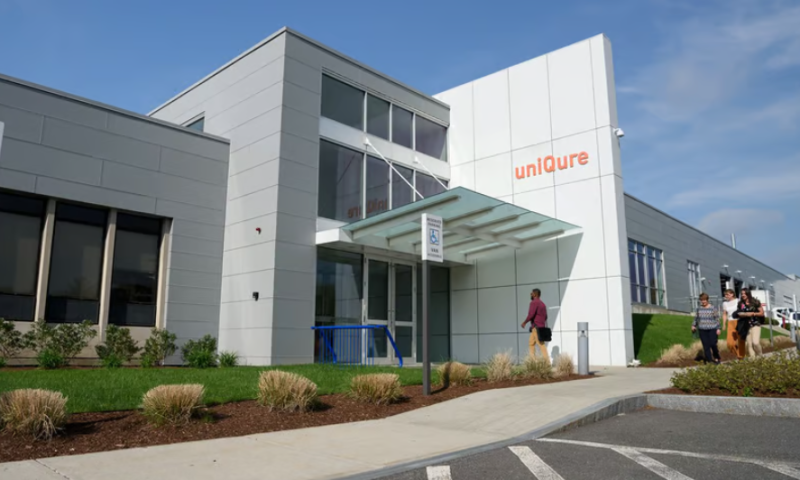Bristol Myers Squibb is breaking off its collaboration and license agreement with uniQure, calling time on a pact that was intended to deliver gene therapies against multiple cardiovascular disease targets.
The original deal dates back to 2015, when Bristol Myers paid $50 million upfront to form a partnership that covered a gene therapy program for congestive heart failure. In 2019, Bristol Myers asked uniQure to extend the initial four-year research term by one year, only to be rebuffed by its partner. The two sides agreed to an amended deal in 2020.
Under the amended terms, Bristol Myers had the opportunity to replace up to two of the four active collaboration targets with two new targets in the field of cardiovascular disease. Bristol Myers never took up that opportunity and last week told uniQure it will terminate the deal in February 2023.
“With the research program set to expire on Dec. 1, 2023, we believe that BMS determined it could not effectively develop those targets in the remaining time,” a spokesperson for uniQure said. “However, we are not privy to BMS’s internal evaluations of its programs, and we don’t know the exact reason. The research efforts are with BMS. uniQure does not owe any funds to BMS. No material impact is expected on uniQure’s CMC/manufacturing resources or capacity.”
The termination deprives uniQure of a chance to pocket up to $217 million for each of the collaboration targets, although the early-stage nature of the programs means those paydays were a distant prospect anyway. Bristol Myers designated one of the targets as a candidate to advance into IND-enabling studies at the end of 2020, triggering a $4.4 million payment to uniQure.
Under certain circumstances, uniQure would have owed Bristol Myers $70 million upon the termination of the deal. However, because uniQure hadn’t closed a change of control transaction, such as a merger, as of the date of the termination notice, it is free of the obligation to pay its former partner.
News of the termination comes on the heels of a landmark moment for uniQure and the broader gene therapy field. Last week, on the day after Bristol Myers gave notice of the deal termination, uniQure and its partner CSL won FDA approval of hemophilia B gene therapy Hemgenix. The approval, the first for a gene therapy in the indication, moves the modality into a larger patient population.
Fierce Biotech has contacted Bristol Myers for comment.

